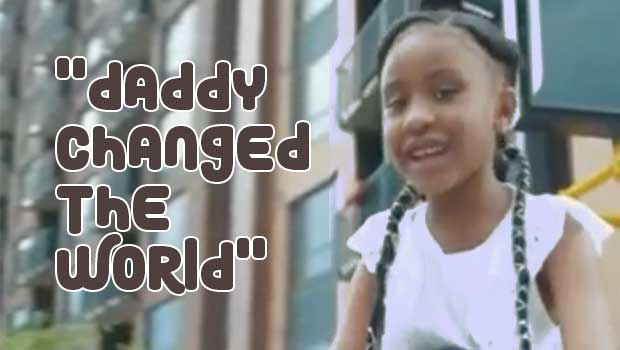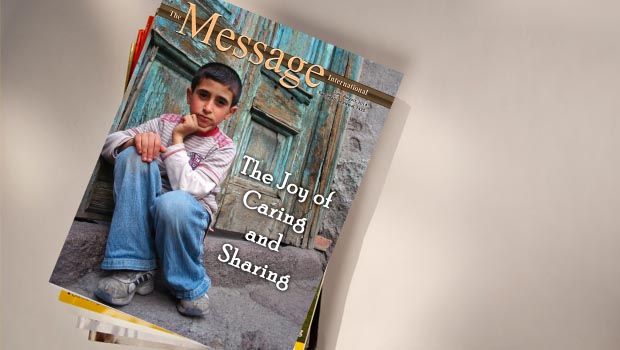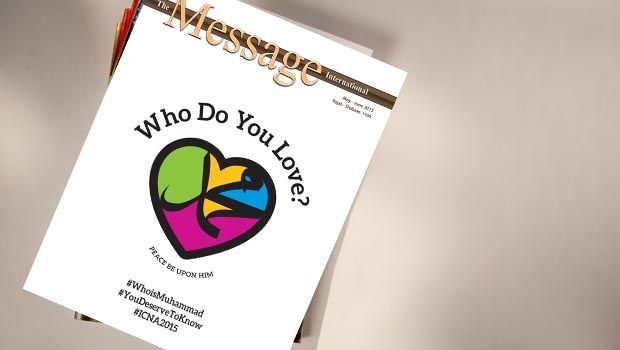Some words and images are indelibly etched into the recesses of our minds. Such is the case of George Floyd’s six-year-old daughter Gianna sitting on the shoulders of her father’s close friend, Stephen Jackson, after a Minneapolis press conference just days after Mr. Floyd was murdered by local cops. A smiling Gi-Gi, the nickname for the pint-sized young girl, perceptively captured the historical significance of the moment by raising her arms and confidently declaring, “Daddy changed the world.” “Yes Gi-Gi, Daddy did change the world,” Jackson responded. With this brief comment, Jackson affirmed to Gianna what millions of people around the world have recognized — that the senseless murder of Mr. Floyd triggered an unprecedented and so long suppressed public discussion of anti-Black racism in the United States. It created a demand for Americans to face the generational harm caused to the victims of structural/systemic racism in this country and around the world.
Colleges, universities, and major corporations, religious organizations, and other entities have apologized for the roles that their institutions played in benefitting from and/or perpetuating chattel slavery in the Americas.
In the aftermath of Mr. Floyd’s agonizing nine-minute death by suffocation, no sector of civil society in this nation has been unaffected by demands for the redress of racial disparities in the distribution of wealth, housing, educational opportunities, and dispensation of justice in the courts. Perhaps the most critical right of citizenship is the right to live one’s life without fear of life-threatening encounters with law enforcement, white bigots, or any other self-appointed enforcers of the status quo. American citizens of African descent have been denied this most basic right of citizenship since the inception of the country. The racial hierarchy established in the formative days of the republic has persisted up to this day. Beside the disparities in accessible resources and opportunities and in fairness in the justice system, citizens of African descent have suffered from racist characterizations and stereotyping that contribute to the wholesale devaluation of Black lives.
Nowhere is this racial hierarchy more dangerously manifested today than in the mistreatment of African Americans by federal, state, and local law enforcement officers, judges, probation/parole officials, and prison personnel. The horrors of roughly 250 years of “legal” chattel slavery in North America may have disappeared from the social landscape, but the denial of full humanity and the devaluing of lives continues unabated. African American males are killed by police officers at a disproportionate rate to White males. And they are sentenced to longer incarcerations for the same offenses as their White counterparts. The number of unarmed Black men like George Floyd, Rayshawn Brooks, and now Jacob Blake who are shot by cops without provocation, continues even after the world’s attention focused on excessive use of lethal force used against Black men, women, and children.
Refusing to Hide the Ugliness of Hate
On August 6, 1955, 14-year-old Chicago native, Emmett Till, went south to Money, Mississippi to spend time with relatives. While there, he was accused by a White woman, Carolyn Davis, of flirting with and whistling at her in a downtown store. That night Emmett was forcibly dragged from his uncle’s home by the woman’s husband and his half-brother, tortured and murdered before having his lifeless body thrown into a river with a commercial fan tied around his neck. His mother, Mamie Till, could not recognize him since his face had been so disfigured from the beatings. She retrieved her son’s body and went back to Chicago for his funeral. She insisted that despite his horribly beaten face and body, Emmett would have an open casket. Numerous historians mark the start of the modern Civil Rights Movement with the 1955 murder of Emmett Till. Southern White supremacist savagery toward Black people was put on full display for the world to see during his funeral. The resultant outrage energized Blacks and some Whites to organize and mobilize for the next two decades to try to dismantle the system of racial apartheid that pervaded the country. The accuser of Emmett Till, Carolyn Davis, recanted her testimony about four years ago, finally admitting, more than 60 years after the murder, that she had lied about Emmett Till flirting with or whistling at her.
The appalling image of George Floyd, laying on his stomach, handcuffed behind his back, pleading with the cop to take his knee off his neck, cannot be unseen. For racists, hardened and reinforced in their attitudes by decades of social acceptance and public toleration, there has been little incentive to change their thinking or behavior, until now. Numerous city and county governments across the country, prompted by protests and calls for changes in policing, are developing plans to redirect money from police departments (defunding) to social services, while assigning tasks to counselors, social workers, and others who are unquestionably more qualified than police officers to handle certain situations. Colleges, universities, and major corporations, religious organizations, and other entities have apologized for the roles that their institutions played in benefitting from and/or perpetuating chattel slavery in the Americas. An honest discussion about racism in the United States was virtually taboo until the May 25th Memorial Day murder of George Floyd. Like the sadistic murder of Emmett Till in the last century that ignited the modern Civil Rights Movement, Mr. Floyd’s murder has been the catalyst for Americans to collectively confront their racist past while boldly charting a course that facilitates the cleansing of racism from the American system and psyche.






